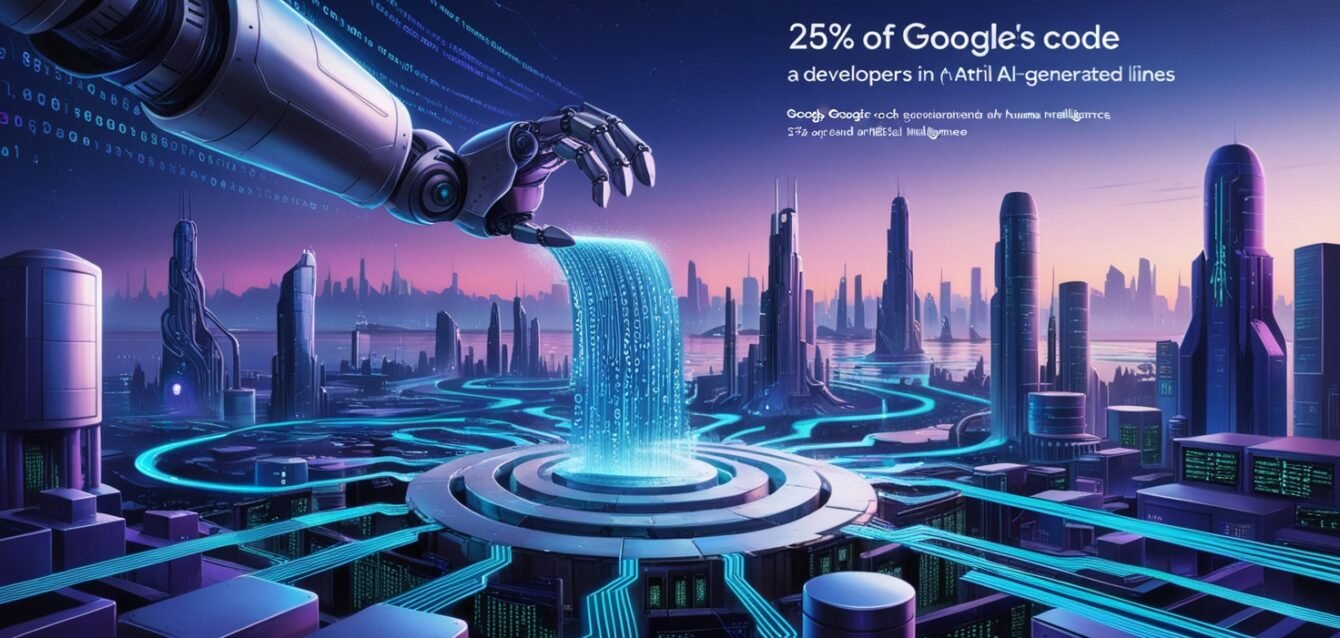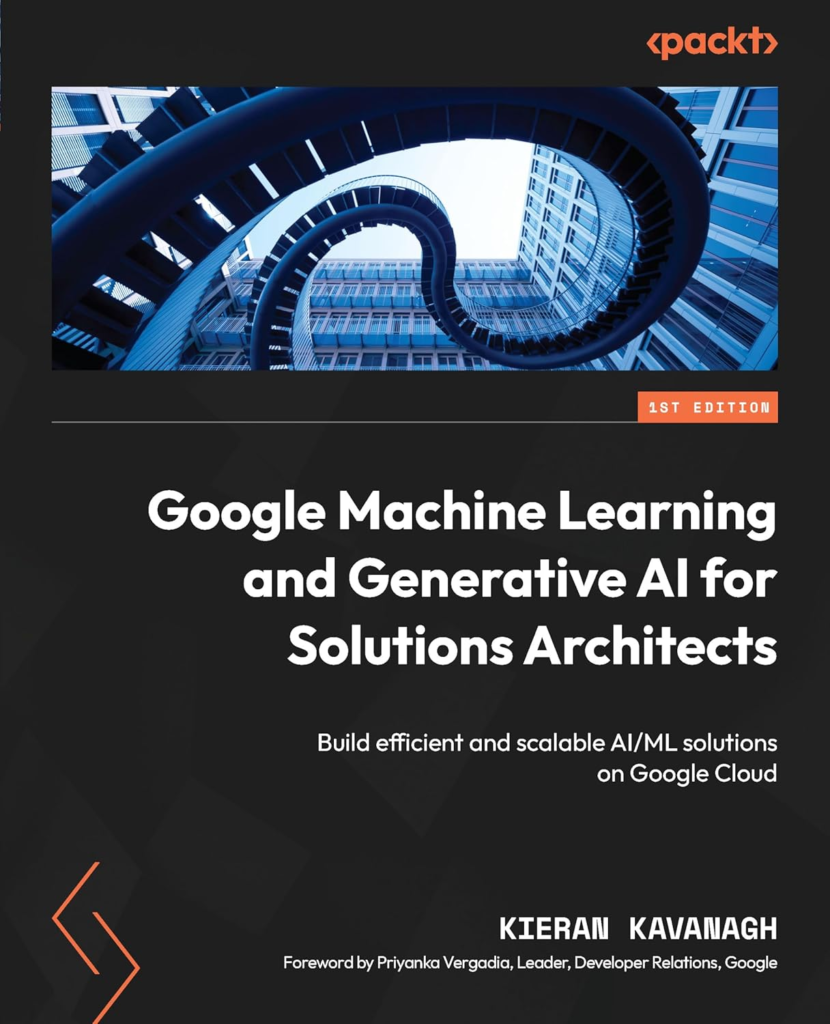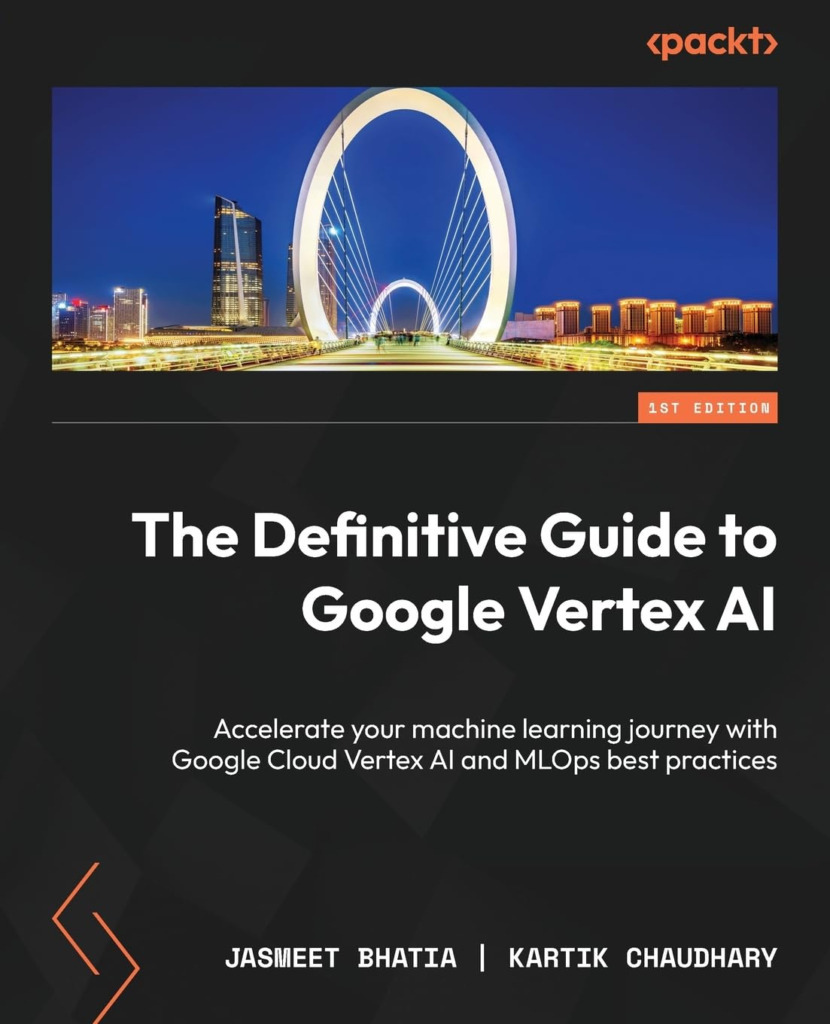Artificial Intelligence in Software Development
Artificial Intelligence (AI) has emerged as a transformative force in various industries, and its impact on software development is particularly noteworthy. At its core, AI refers to the simulation of human intelligence processes by machines, especially computer systems. These processes include learning, reasoning, problem-solving, and understanding natural language. In recent years, the significance of AI in programming environments has grown tremendously, as it offers innovative solutions to enhance efficiency and effectiveness in coding.
The evolution of AI technologies has led to the development of sophisticated tools that assist developers in multiple facets of software creation. One primary application of AI in coding is the automation of repetitive and mundane tasks, such as code formatting, documentation generation, and even simple testing. By automating these processes, developers can focus on more complex and creative aspects of coding, ultimately enhancing overall productivity and facilitating faster project completion.
Moreover, AI plays a crucial role in debugging, which is often a time-consuming aspect of the development cycle. AI-powered tools can analyze large codebases to identify potential bugs, security vulnerabilities, or performance bottlenecks, thereby reducing the manual effort involved in the debugging process. Additionally, these intelligent systems can learn from past errors, improving their detection capabilities over time and providing insights that might be overlooked by human developers.
As the software landscape continues to evolve, the adoption of AI technologies in coding practices is increasingly becoming a necessity rather than a luxury. Not only does it streamline development processes, but it also enables developers to leverage data-driven insights to make more informed decisions. This progressive integration of AI illustrates its pivotal role in shaping the future of software development, exemplified by Google, which has reportedly incorporated AI into 25% of its codebase. Understanding this growing trend is vital for developers and organizations aiming to thrive in a rapidly changing technological landscape.
(Purchase today by clicking on the image)
The Impact of AI on Google’s Code Generation
Artificial Intelligence (AI) is fundamentally transforming the landscape of software development, particularly within leading tech organizations such as Google. Currently, AI powers approximately 25% of Google’s entire codebase, showcasing the technology’s integration into the coding process. At the core of this AI-driven coding revolution are advanced machine learning algorithms and neural networks. These frameworks enable Google to streamline its software development lifecycle, optimizing both efficiency and accuracy.
Machine learning, a subset of AI, has been instrumental in analyzing vast amounts of data to identify patterns and trends that can guide code generation. Google employs these algorithms to automate repetitive coding tasks, significantly reducing the time developers spend on mundane coding processes. This allows developers to allocate more time to creative problem-solving and feature innovation, enhancing overall productivity.
Moreover, neural networks play a crucial role in natural language processing, empowering Google’s AI to understand and generate human-like code. Through training neural networks on diverse code samples, Google has equipped its AI systems to produce code snippets, automate debugging, and suggest optimizations in real-time. A notable example of this application can be seen in Google’s integration of AI in developing TensorFlow, their open-source machine learning framework. The project illustrates how AI algorithms can generate components of the framework’s code, ensuring it remains adaptable and efficient.
These implementations not only demonstrate AI’s ability to enhance coding through automation but also underscore its potential for driving innovative projects across different sectors. The synergy between human creativity and AI capabilities accelerates the development cycle, ultimately leading to more robust software solutions. By leveraging AI technologies, Google is setting a benchmark in code generation, paving the way for the future of programming in the tech industry.
Benefits and Challenges of AI-Generated Code
The integration of artificial intelligence into code generation has markedly altered the landscape of software development, bringing forth numerous benefits. One of the primary advantages is improved efficiency. AI systems can analyze vast amounts of data and learn from existing code repositories, enabling them to generate high-quality code more quickly than traditional methods. This acceleration not only streamlines the development process but also allows developers to dedicate more time to creative and complex problem-solving tasks.
Additionally, AI-generated code tends to exhibit reduced error rates. Machine learning algorithms can identify common errors and patterns within the code, leading to fewer bugs and vulnerabilities in the final product. This enhancement in code quality translates into more reliable software, benefiting both developers and end-users alike. Furthermore, faster development cycles can be achieved, enabling businesses to respond promptly to market demands and drive innovation through rapid prototyping and deployment.
However, the shift towards AI-generated code is not without its challenges. One significant concern is the quality of the code produced by AI systems. While AI can generate code efficiently, it may not always adhere to best practices or established coding standards. Developers must, therefore, engage in rigorous testing and validation processes to ensure that AI outputs meet the required specifications.
Another challenge is the potential dependency on AI tools. As developers increasingly rely on these systems for code generation, there is a risk of diminishing programming skills within the workforce. This reliance on AI necessitates the need for skilled oversight to manage and fine-tune AI-generated code. Developers must possess a robust understanding of coding principles to effectively review and integrate AI outputs into broader projects, ensuring that dependency does not compromise the overall quality of the software.
The Future of AI in Software Development: What Lies Ahead
The integration of artificial intelligence (AI) in software development processes has transformed the landscape of coding significantly. As organizations recognize the efficiency and innovation that AI brings, the future of AI in software development seems poised for substantial growth. Leading companies like Google have already adopted AI technologies to power around 25% of their codebase, hinting at a trend that is not only sustainable but likely to expand further.
One significant advancement anticipated in AI-driven software development is the evolution of code generation technologies. As machine learning algorithms become more sophisticated, the capability of AI systems to generate clean, efficient, and maintainable code will likely improve. Future code generation tools could minimize repetitive coding tasks, allowing developers to focus on more complex, creative aspects of software engineering. This not only enhances productivity but also encourages innovation within teams, as developers leverage AI assistance to streamline their workflow.
Moreover, the relationship between human developers and AI systems is set to evolve. As AI tools are trained on extensive datasets, including existing codebases, the importance of maintaining human oversight will remain paramount. Developers will increasingly act as collaborators with AI, refining its output and integrating their expertise to ensure that AI-generated code meets specific project requirements and maintains high quality. This teamwork will foster a greater understanding between humans and AI systems, which could lead to more sophisticated applications of AI in software development.
Companies looking to adapt to this AI-centric future must invest in training their development teams to work effectively alongside AI tools. As patterns in software development progress, building a culture that embraces AI technologies will empower organizations to remain competitive and innovative. This foresight will be crucial in navigating the rapidly changing landscape of software engineering, ensuring readiness for further advancements in AI-driven coding solutions.
(Purchase today by clicking on the image)






